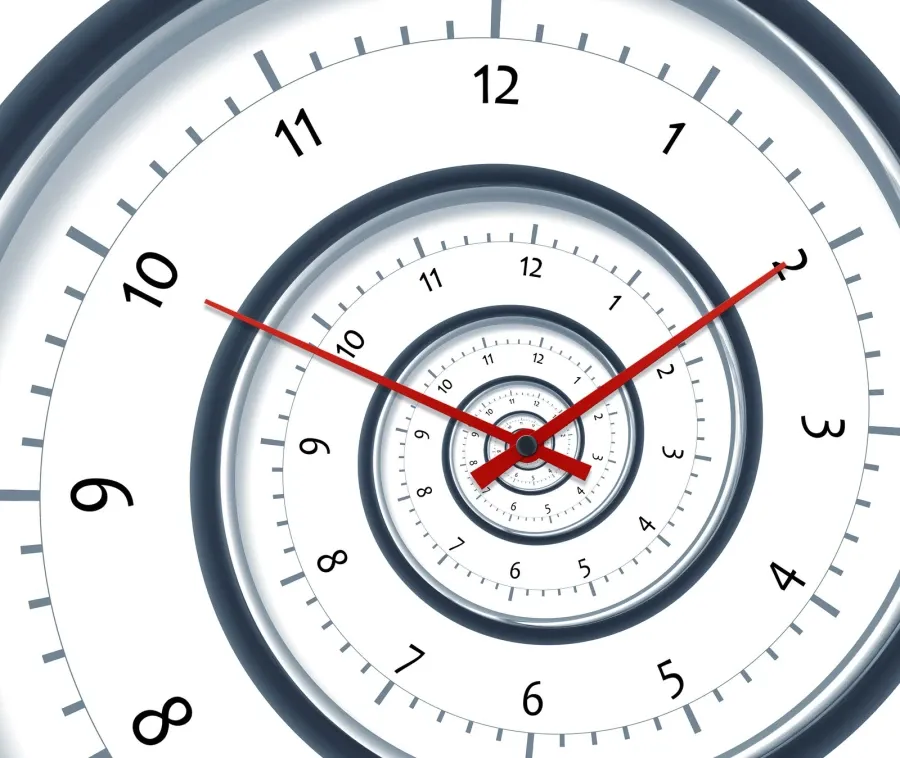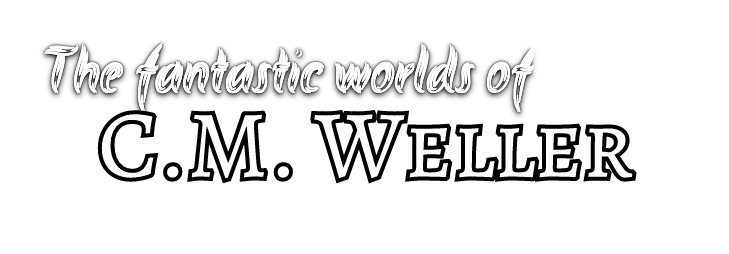What is Time?
There’s probably a lot of you who flinch every time that Autism word cloud pops up, so I should warn you now.

There's probably a lot of you who flinch every time that Autism word cloud pops up, so I should warn you now. This is yet another post about my particular peculiarities with Autism and the host of comorbs I managed to snaffle from the buffet bar. [I covered that metaphor earlier. Check the link to catch up] For those coming in late, 'comorb' is slang for 'co-morbidity' which is not nearly as scary as it sounds. It's like an extra prize that comes with your cereal.
In this case, it's a thing I like to call "being temporally challenged". I joke that I would not know tomorrow from last week, when the truth is a little more complicated. I have difficulty discerning events that happened weeks ago from events that happened years ago.
Sure, I can arrange those events in chronological order. I can tell you which one happened before or after another. Ask me what date they occurred on and I'll stare at you as if you just asked me to jot down the math behind the Big Bang. Or recite the entirety of the Encyclopedia Britannica from memory. Or... build a rocket ship out of baked bean tins and literally nothing else. It just... can't be done.
I've always been confounded by court scenes where they ask where a witness was on such-and-such a date at so-and-so a time. It's like being expected to work real actual magic in front of witnesses - nobody can actually do that... can they? That can't possibly be a real thing... right?
I can't plan without my backup memory module - my phone - to help me keep track of shit like that. Unless my calendar app reminds me - I will forget what day it is even if it's my own birthday. I've certainly forgot my own mother's birthday enough for her to consider writing me out of her will.
For me, one day is pretty much the same as the next. I can barely keep track of what day of the week it is [I used to be better at it when my kids were younger because there was a muppet who regularly sang what day it was on the telly] and I need at minimum one printed calendar so i can verify physically what's going on from one week to the next.
If it wasn't for portable screens reminding me what to do? I'm not sure I'd even have regular meals. On my worst days -there have been plenty- I've been running around because my temporally-challenged arse managed to have three appointments on one day without figuring out that travel time is a thing.
Vis-a-vis travel time... There's some cross-wiring in my noggin that has defaulted between either fifteen minutes to get from A to B or two hours. No sliding scale. It's fill-bubble only. Pick one.
This, as you might understand, has lead to me being either gob-smackingly early or pants-wettingly late on numerous occasions. I usually prefer the former to the latter because then I have an excuse to try and chill myself out for the intervening time. Time to chill is very important for an Autiste who is also battling anxiety.
My memories are not cemented in seconds and hours. They're more visceral. They're emotional, physical, or visual. They're snippets without any firm attachment to calendar or clock. When I negotiate my memories, I do so via a sort of landmark. A memory-landmark. Some big thing that's a common frame of reference.
They're usually disasters. Those are pretty huge milestones and the Human brain is kind of rigged to remember the bad things so we can avoid them next time. I navigate my recall with connections to those landmarks. Before, after, between memory A and memory B. There's no idea of the passage of weeks, months, or years between A and B.
It drives my Beloved up the wall. They have a far more... cemented relationship with chronology than I do. They can connect weeks or months' worth of time passing between events and I just can't. They have learned to figure out my peculiar temporal meanderings and even communicate how to find events with my own recall.
This might not be the same kind of temporal challenge that other Autistes might experience. I only know what's going on in my head, after all. Psychologists - ask your temporally challenged patients if this is how they experience it. More data is better data.

